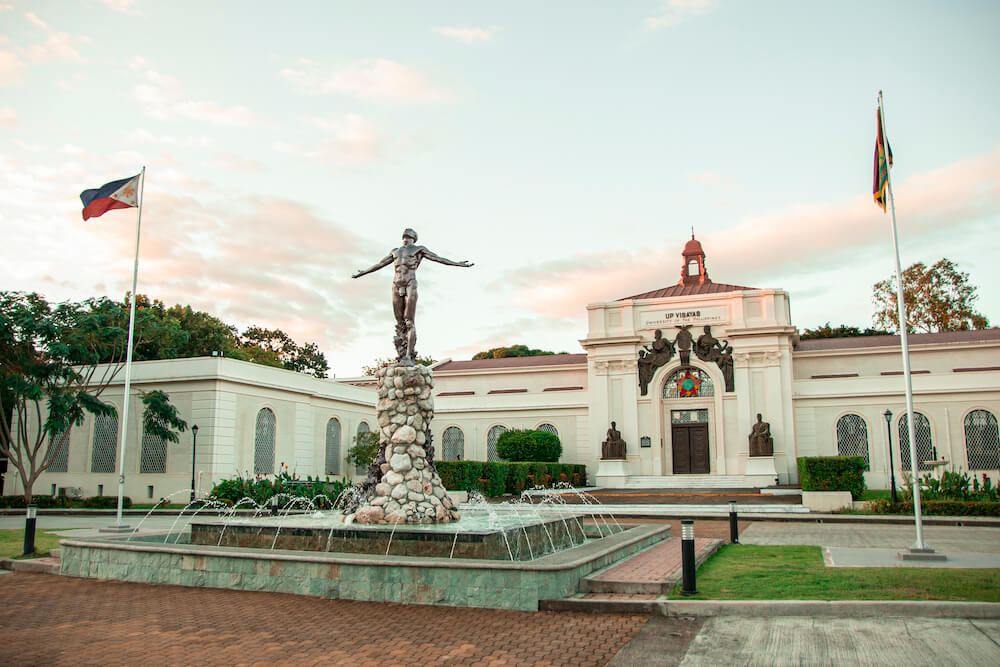
UPV to host Island and Coastal Ecologies Workshop to develop programs for sustainable futures
The University of the Philippines Visayas (UPV) will host the Island and Coastal Ecologies Workshop: A Sustainable Futures Initiative from 17-21 January 2023 in the Miagao campus. The workshop is designed to assemble various scholars and members of the community to look into emerging issues concerning environmental dynamics within local coastal ecosystems and develop programs for sustainable futures.
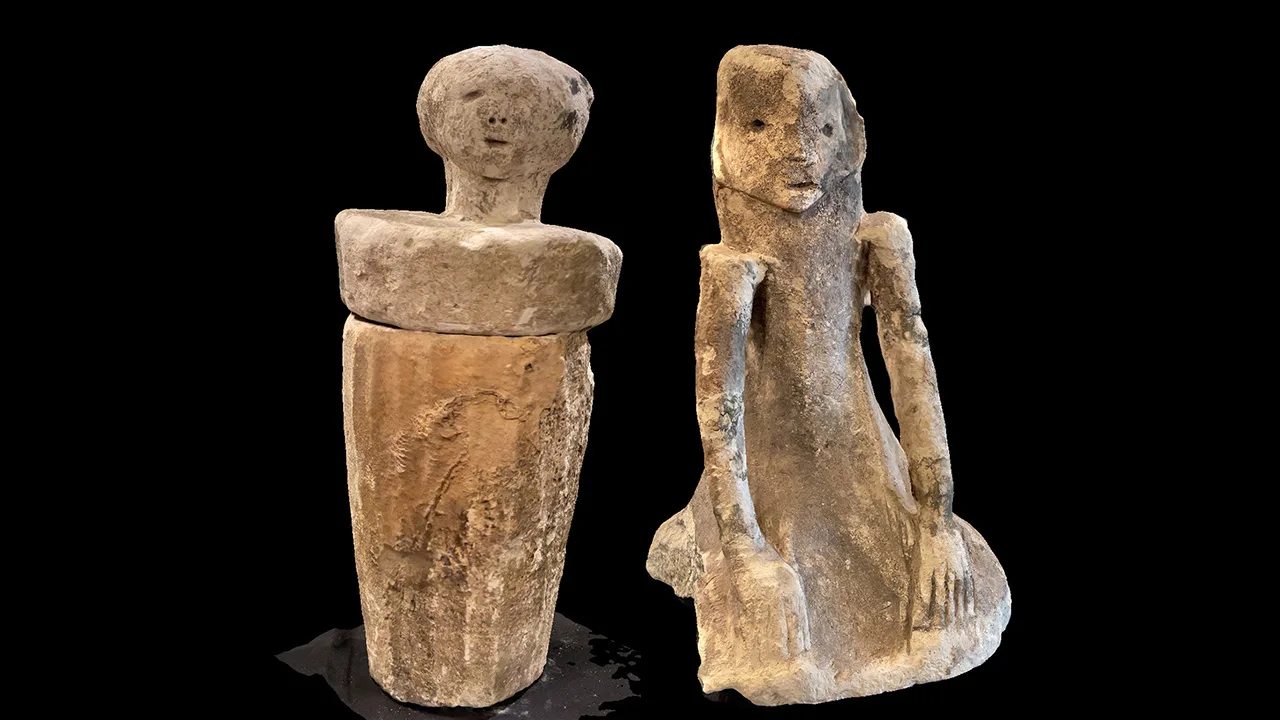
The return of ancient Cotabato limestone urns to the PH, the return of dignity to Filipino heritage
With the Von Dem Hagen Collection's return, it carries a nation's hopes and aspirations, symbolizing the Philippines' cultural richness The narrative of a single jar, bought from an antique shop in 1977, bound Sally von dem Hagen to the legacy of the Manobo. To her, these jars were not mere vessels; they were sacred archives of an age long past, for which she became a devoted custodian. Her collection, soon numbering over 60, transformed into a sanctuary of history spanning centuries.
Sally von dem Hagen’s affinity for the Philippines transcended personal journey, heralding a collective awareness to the importance of heritage and cultural repatriation. As her collection of Cotabato limestone urns prepares for return to Philippine soil after nearly four decades in California, the unfolding narrative celebrates the power of collaboration across borders and generations. Sally’s children, Peter, Stephanie, and Antoinette von dem Hagen, have initiated the repatriation of their mother’s collection, hoping to highlight Sally’s contributions to Philippine heritage conservation.
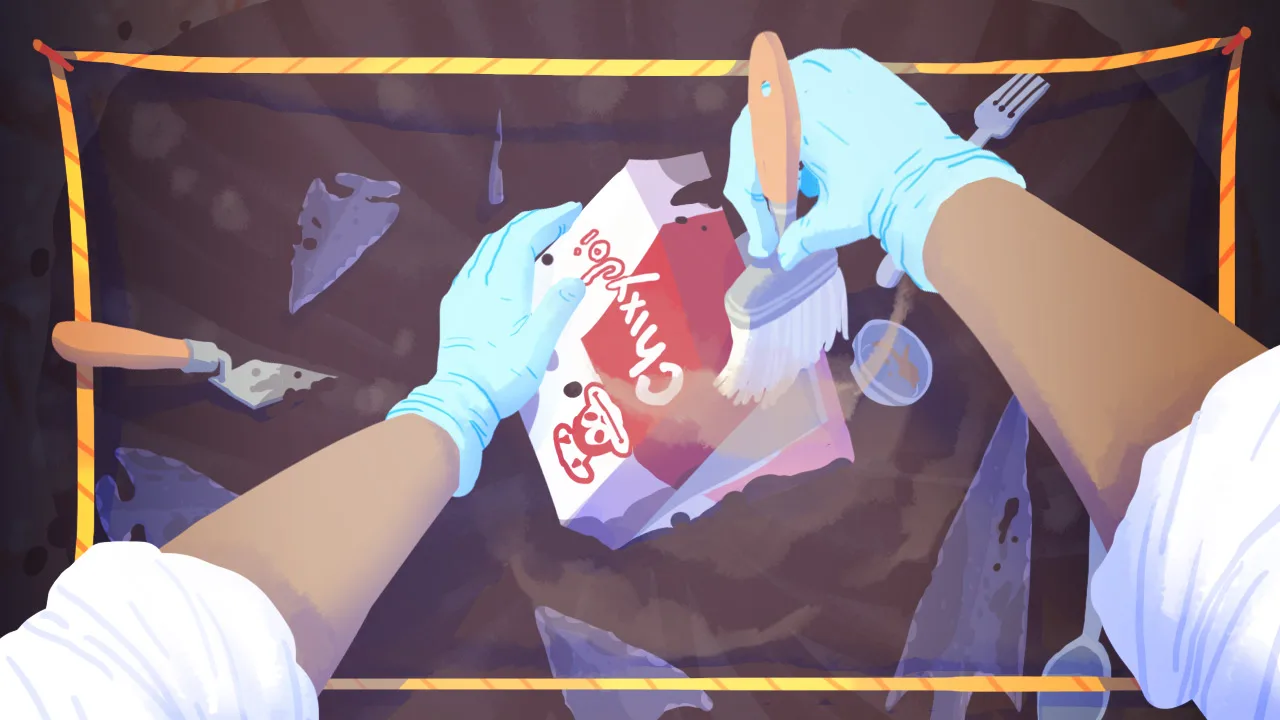
Time Trowel - From ancient artifacts to today’s trash: Debunking misconceptions about archaeology
'Every coffee cup, every beer bottle, every tweet, is a breadcrumb in the trail of our collective story.... It’s a study of human life that invites everyone to the table — no time machine needed.'
I love airports and airplanes. Yet, as someone whose work involves climate change mitigation, I can’t ignore the environmental impact of air travel since carbon dioxide (CO2) emissions from burning jet fuel are particularly harmful when released at high altitudes. For a flight from Manila to Los Angeles, the CO2 emissions can vary but are substantial, often estimated in the range of several tons per passenger. This environmental impact is compounded by additional factors like energy-intensive airport operations and emissions of other greenhouse gases.
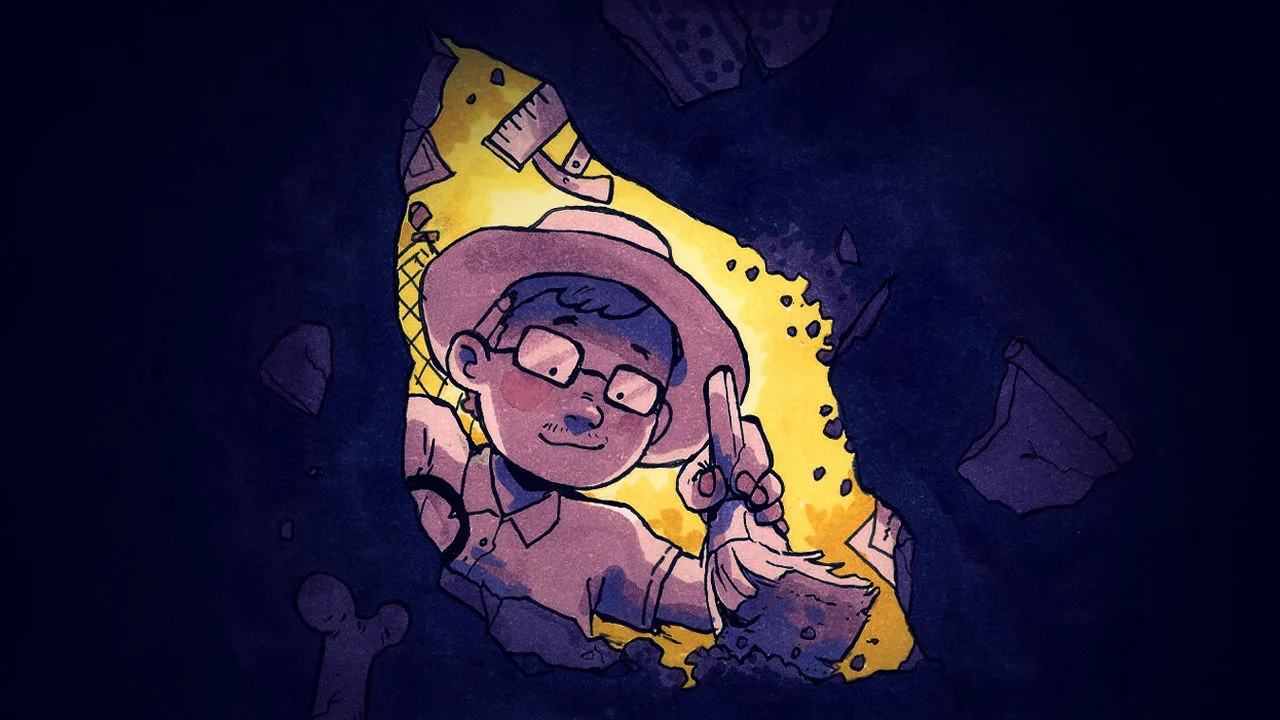
Time Trowel - There is more to archaeology than Indiana Jones’ pistol and whip
Rappler's newest Thought Leaders column is by anthropological archaeologist Stephen Acabado, whose work is rooted in the exploration and understanding of Southeast Asia's historical and cultural landscapes. A trowel (/ˈtraʊ.əl/), in the hands of an archaeologist, is like a trusty sidekick – a tiny, yet mighty, instrument that uncovers ancient secrets, one well-placed scoop at a time. It’s the Sherlock Holmes of the excavation site, revealing clues about the past with every delicate swipe.
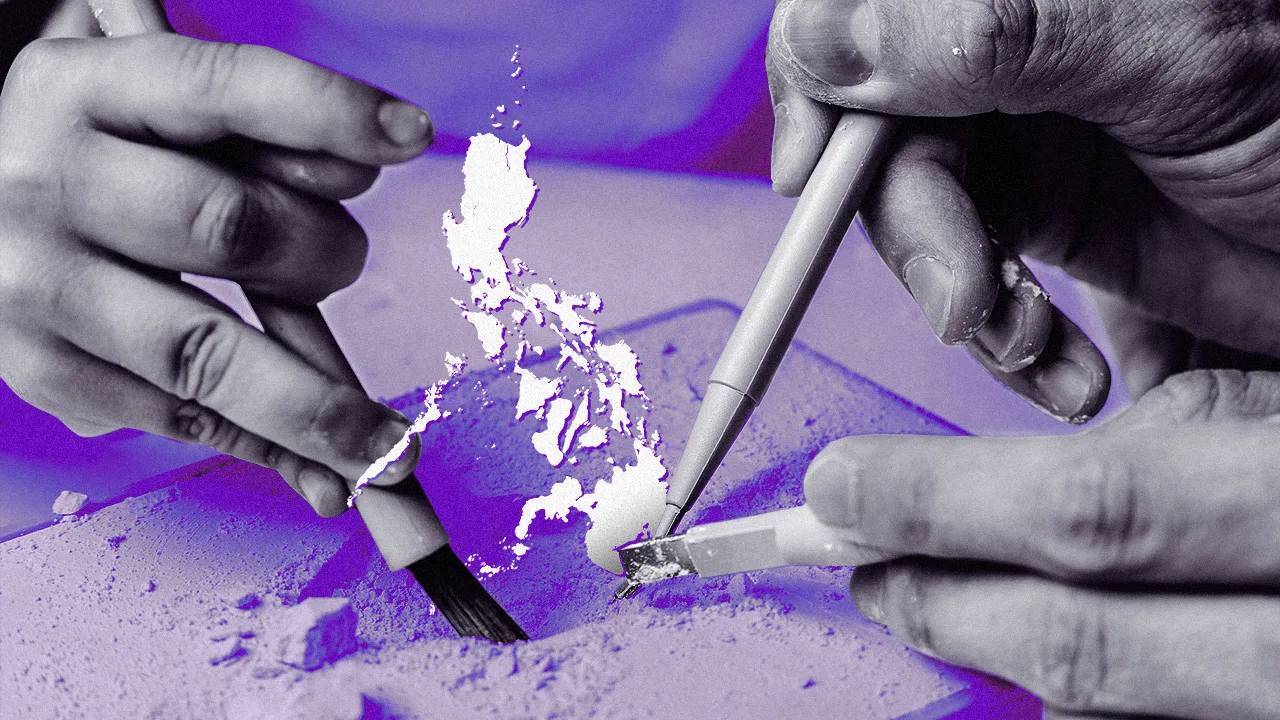
Dispatching ‘prehistory’ for an inclusive history
'Contrary to the belief that older artifacts are inherently more valuable, archaeologists prioritize the story and context' - The term “prehistory” often conjures images of a time before the rise of cities, a period too remote to be relevant. But this term, as we argue, is a misnomer that diminishes the richness of human history, particularly for Indigenous communities whose narratives extend beyond what conventional history has recorded.

From the Director's Desk: End-of-the-Field Blog
As we wind down the PEMSEA Archaeological Fieldschool, we hope that we’re able to contribute to network-building, the training of the next generation of archaeologists who are adept at multi-cultural and cross-border engagements, and to making archaeology inclusive. Archaeology, in general, is an expensive discipline. Attending fieldschools is a huge barrier for students from disadvantaged backgrounds because of the prohibitive costs associated with field training (average cost for North America-based students attending international fieldschools is at least $5,000). Thus, we are grateful for the support of the Henry Luce Foundation, the UCLA Cotsen Institute of Archaeology, and the UCLA International Institute for providing the support that allowed us to bring together 37 (!) students and colleagues from Thailand, Taiwan, Cambodia, the Philippines, and the USA.
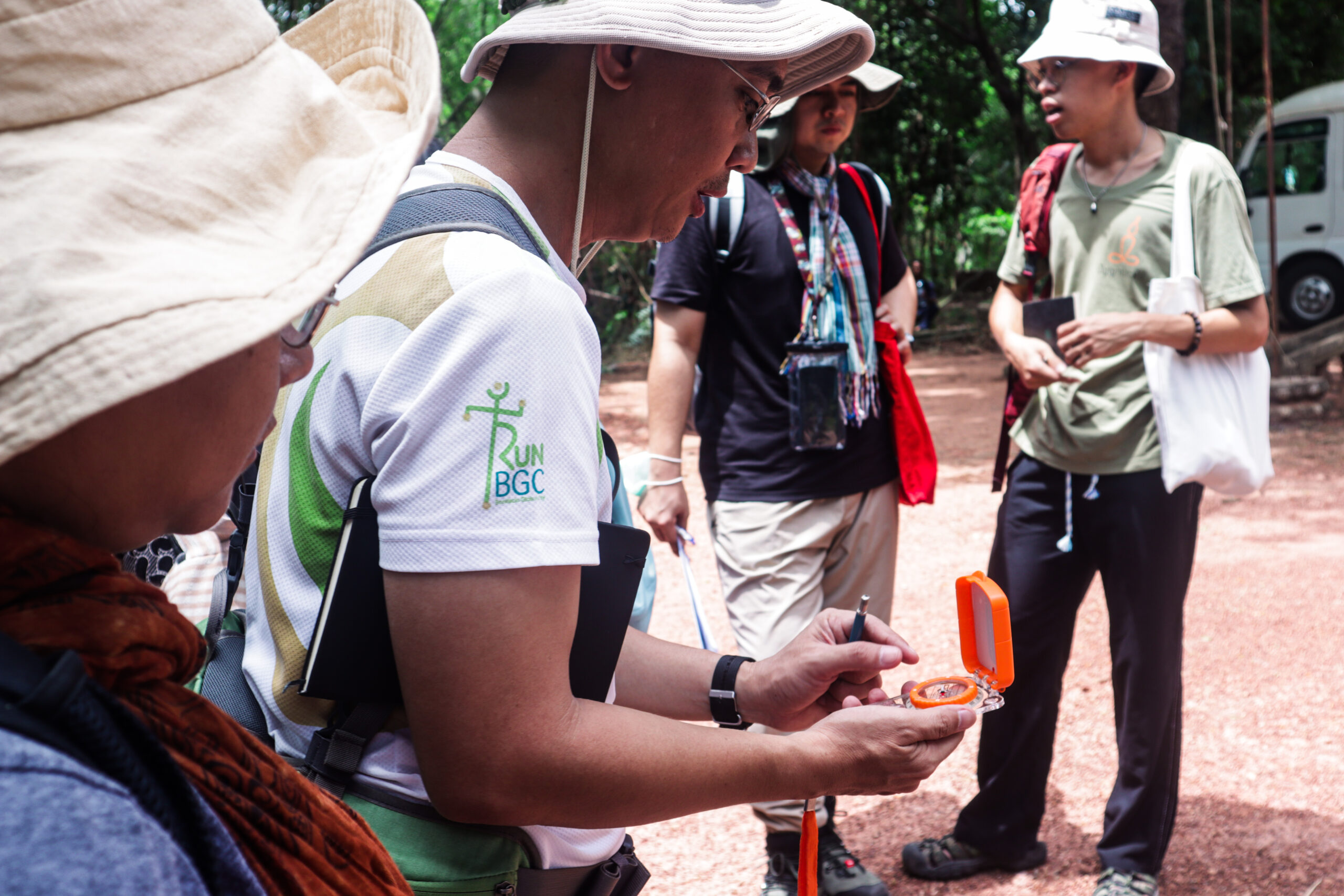
PEMSEA Field School Blog 2023: Day 3
Today was mapping day! We began the day by building a deeper connection with the area, by roaming around and drawing our own rough sketch of the whole area with its infrastructures like the old and new Vihara. But before that, we had to get our pace factor. Pace factor is basically a ratio of recorded distance to number of paces taken by a person to cover the measured distance. And that’s exactly what we did.

PEMSEA Field School Blog 2023: Day 2
On our first day in Siem Reap we were welcomed with a delicious seafood and pork rice porridge. We left breakfast around 8:00 a.m. and soon arrived at the site of Wat Chedai which translates into “pagoda stupa.” Pagoda refers to a spiritual place and stupa refers to the grave that one’s ashes are placed into. After arriving at the site at 8:30 a.m., students, elders, community members, educators, researchers, and archeologists made their way into the common space.

PEMSEA Field School Blog 2023: Day 1
The first blog post of the 2023 PEMSEA Field School! The first day was filled with laughter, excitement, and community. We all woke up at 6:30am and walked downstairs to a beautiful breakfast at Altos Hotel in Phnom Penh with our field director Dr. Piphal Heng, and PI Dr. Stephen Acabado. We went to the sunlight-filled hotel restaurant and everyone had excited smiles on their faces.
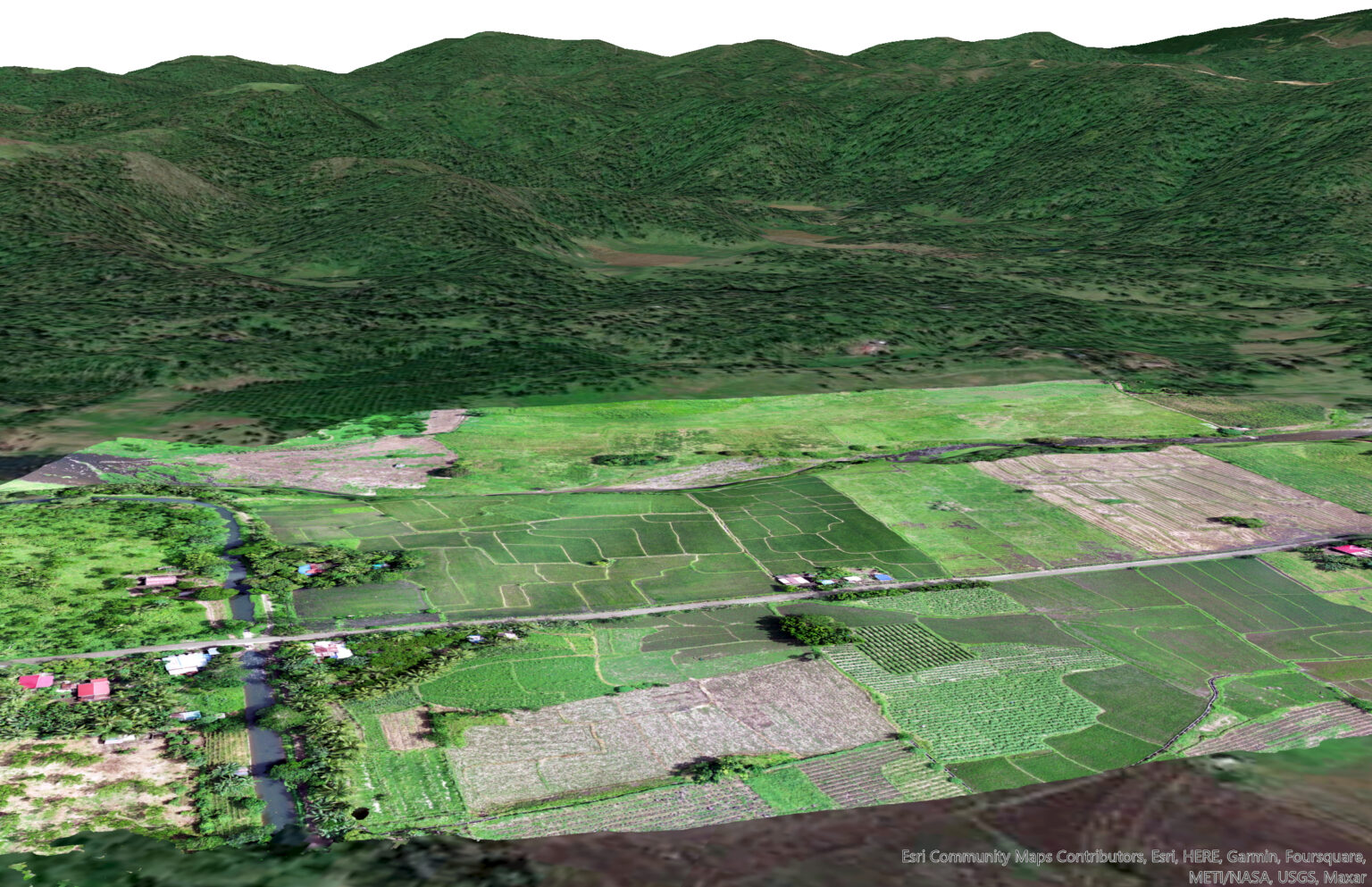
BAP Field School 2022: Visita de Salog (Goa) Survey
As a geology student when I join the Bicol Archaeological Project 2022 (BAP), I have the same question as my parents had asked me: “What am I doing in a project that aims to understand the pre-colonial Bikol? What’s the connection of geology in human belief, human settlement pattern, human culture?” As for the 1st week of the BAP, I slowly answered these questions: “There’s a lot of geology in Archaeology”.
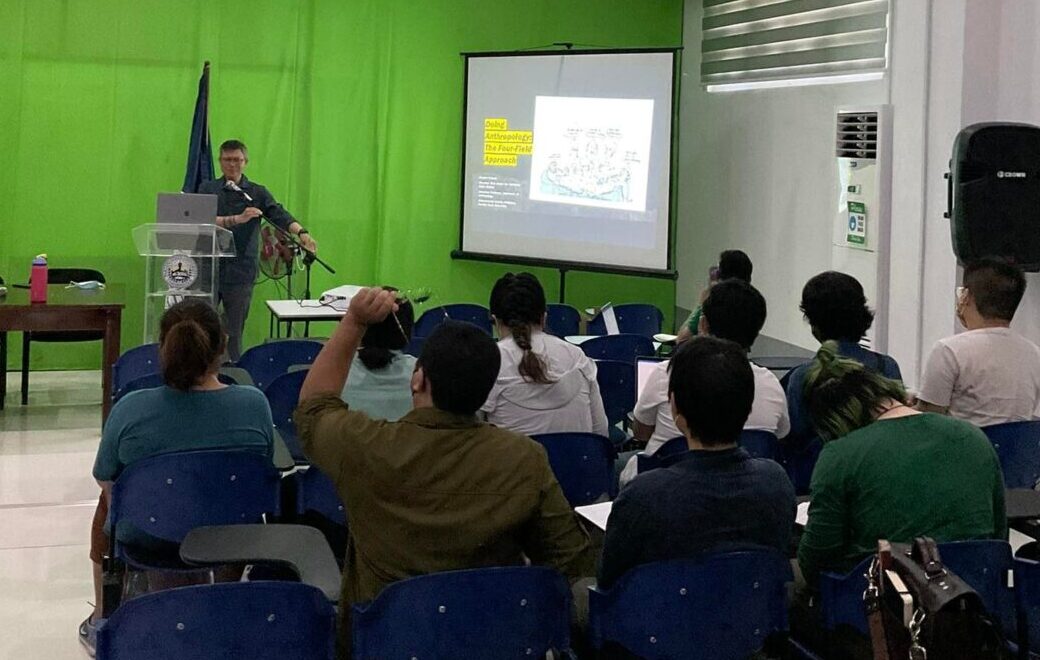
BAP Field School 2022: Blog 2
On the morning of the fifth day of the BAP Field school we made our way through the Partido State University Campus for an educational workshop on ethnography. The workshop began with an insightful documentary about the local traditional medical practice in the Bicol region. Two of our fellow BAP students, Dan Alerta and Noel Jay Roxas, were part of the creation of this beautiful piece. Their work highlighted the persisting native tradition of medicinal plants of the Bicol region. This cultural demonstration was followed by BAP Director Professor Acabado’s lecture on the subject of anthropology: what it is, its colonial history, and the need to include the community in an effort to decolonize the field and give back to the communities they work with. We were introduced to and warmly welcomed by the President of ParSU, Raul G. Bradecina, who expressed his support for our archaeological endeavors.
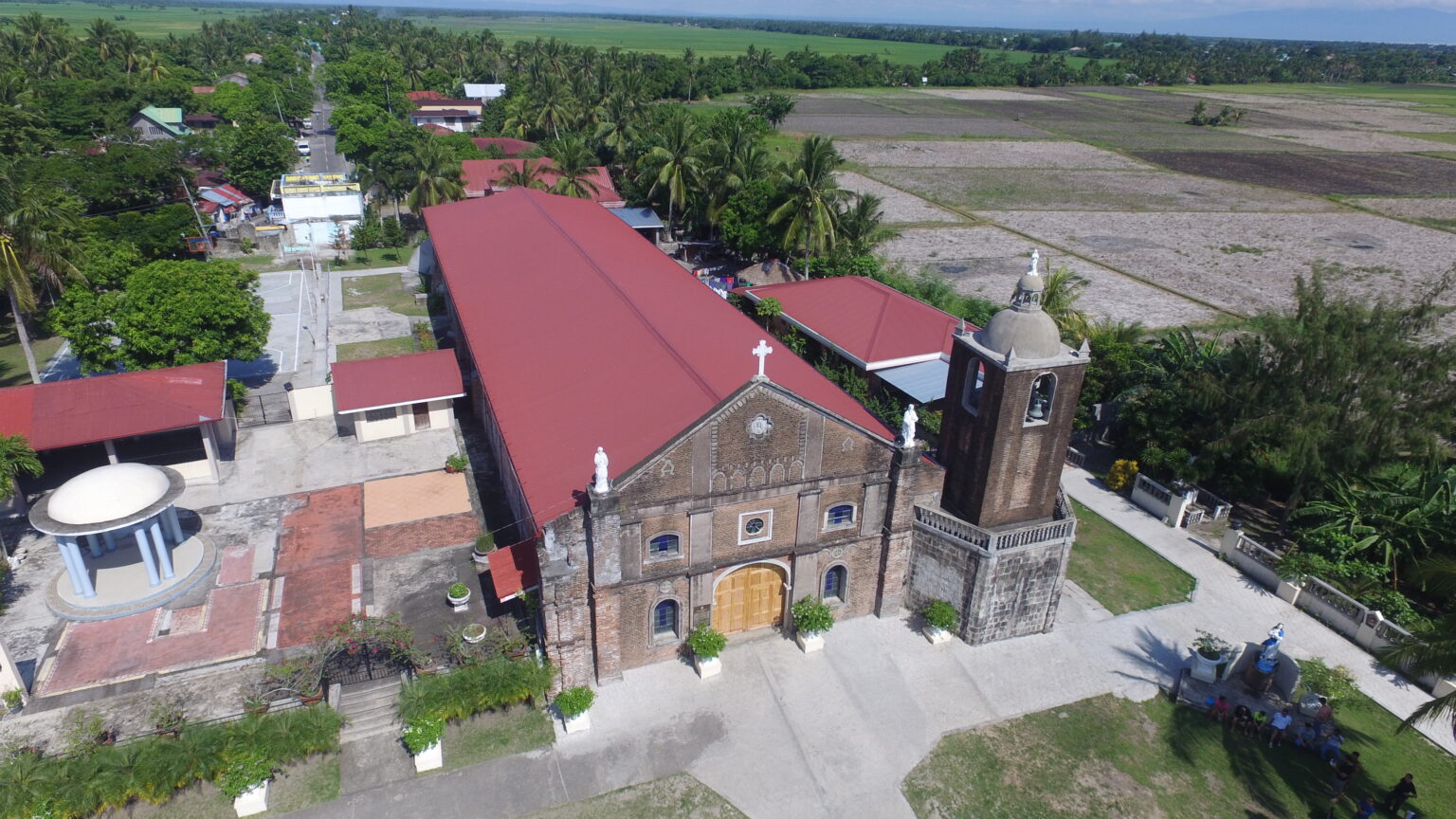
BAP Field School 2022: Blog 1
Our second day here in Bicol was our first day of orientation here at the Bikol Archaeological Project (BAP)! We started our day off by getting ourselves introduced to the area, and specifically we looked at the work that has been done by the previous years of BAP investigation. First, we traveled to the Our Lady of the Holy Rosary Church in Bombon, where we met with Fr. Eric, learned about the history of the site and the archaeological investigation of the site, and observed as graduate students Robin Meyer-Lorey and Earl Hernandez engaged in LiDAR and photogrammetry mapping of the church.
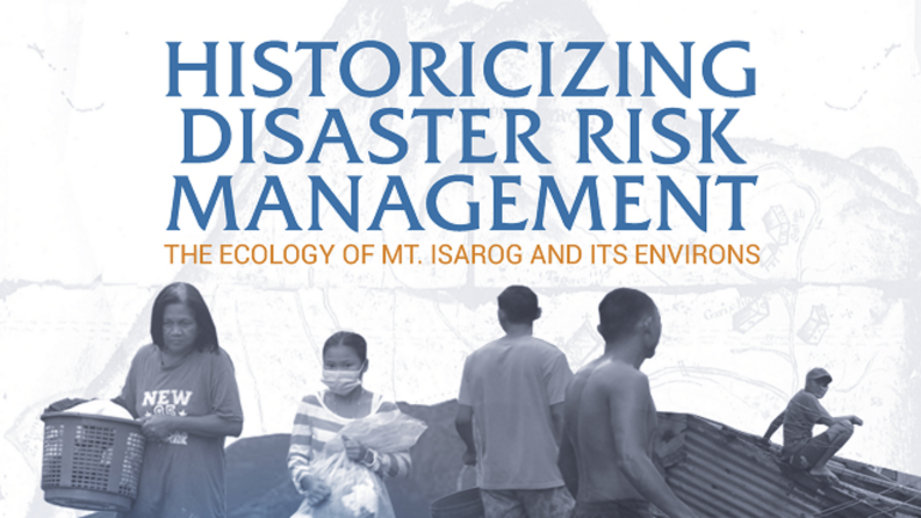
WEBINAR SERIES: ENGAGING WITH ENVIORNMENTAL RESEARCH IN EARLY MODERN SOUTHEAST ASIA
A webinar series invites scholars to share collaborative approaches to studying ecological change in the region and how community-engaged research can reshape disciplinary boundaries. The Program for Early Modern Southeast Asia (PEMSEA) in collaboration with Partido State University (PSU) launched a 8-panel webinar series in summer 2021 highlighting the cultural and environmental histories of Partido district and situating it in global discussions on environmental change during 14th to 19th centuries in Southeast Asia.
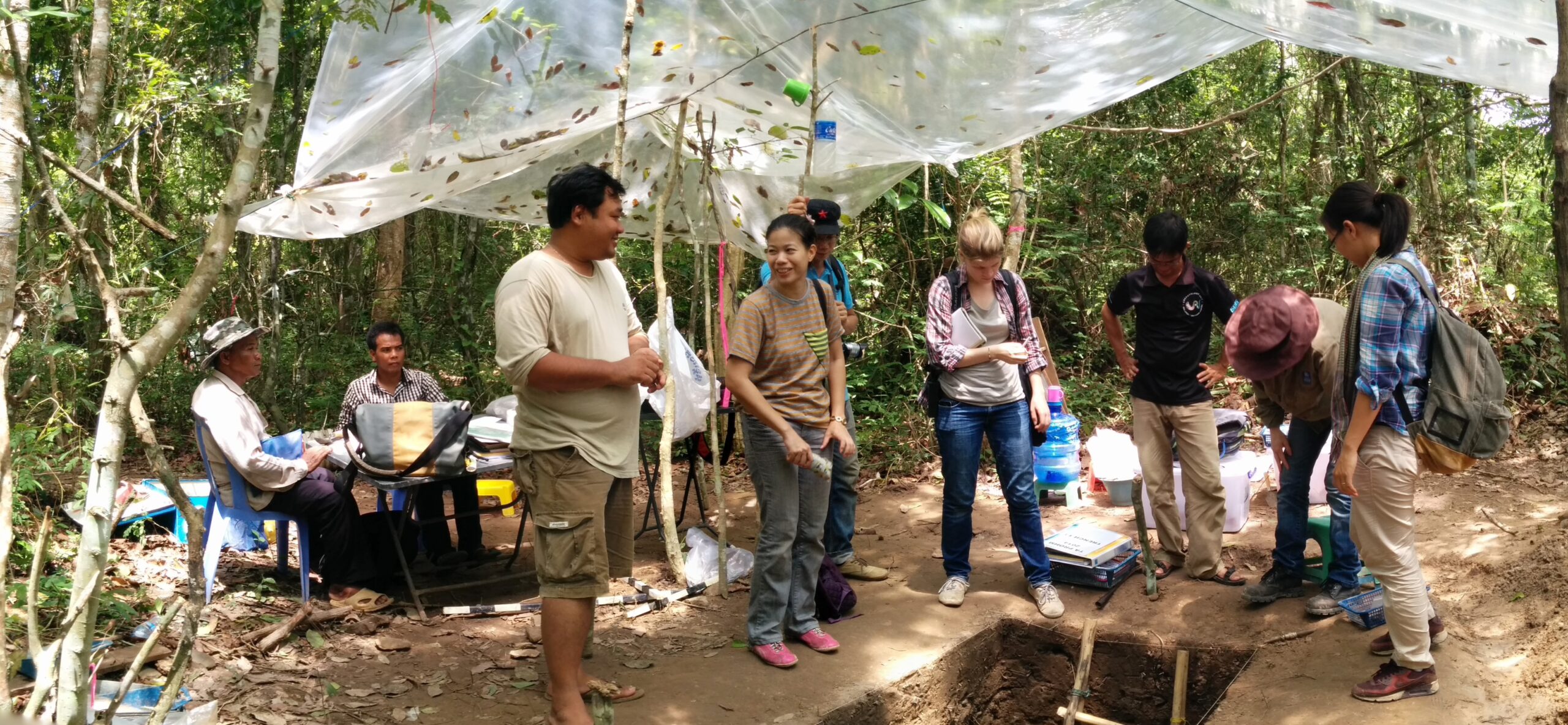
LuceSEA Competition Announces Grant Award to Early Modern Period Transitions in Southeast Asia: Environmental Dynamics, Social Change, and Globalization – a five-year grant of $740,000
UCLA will join forces with University of Hawai’i and University of Washington to establish the Program for Early Modern Southeast Asia. The period between 1400 and 1830 will be the focus of research by a network of scholars in archaeology, climate science, anthropology and history. Undergraduates, graduate students, and SEA-based early career scholars will participate in annual field schools and workshops in SEA, with an emphasis on previously neglected local and indigenous histories. A community engagement plan will bring local SEA stakeholders into the research process. PEMSEA incorporates outreach to heritage students and SEAsians in Los Angeles. The Program promises to bring SEA into global discussions on environmental change during the early modern period. The reconstruction of past environments will help contemporary researchers and policymakers understand the pace and threat of land-use changes in SEA today. Asian partners include National Chengchi University (Taiwan), Partido State University (Philippines) and Polytechnic University of the Philippines.
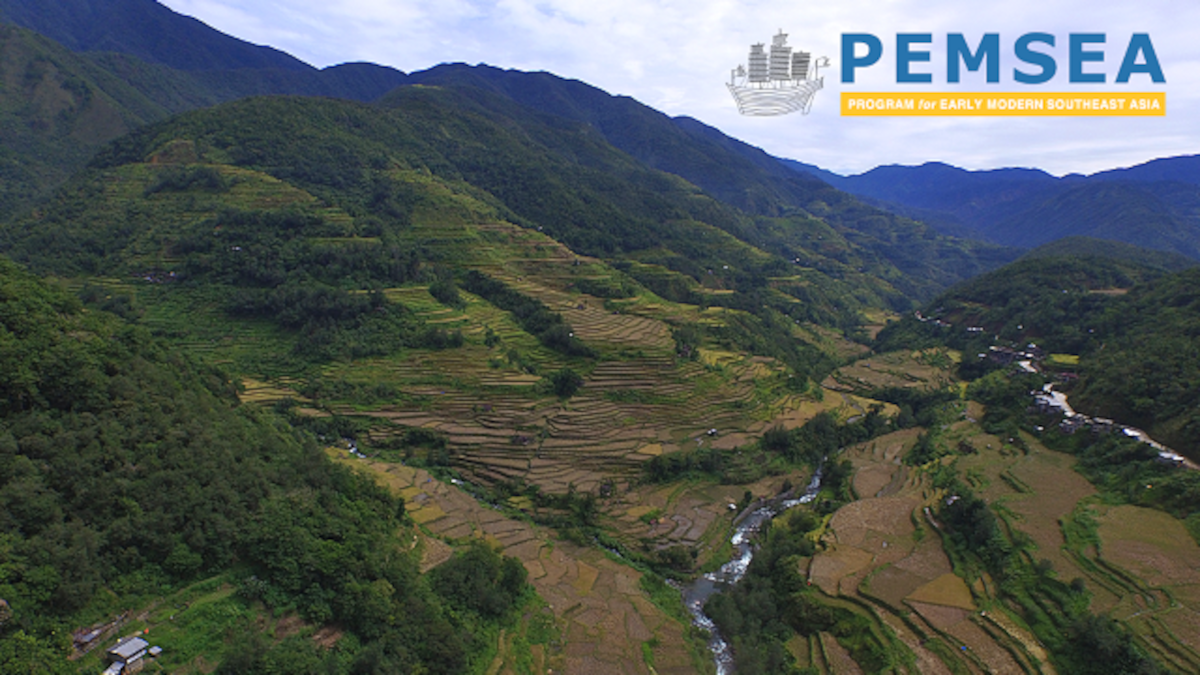
UCLA Center for Southeast Asian Studies receives $740,000 grant from Luce Foundation
The Henry Luce Foundation awarded a grant of $740,000 to the UCLA Center for Southeast Asian Studies (CSEAS) to support the project Early Modern Period Transitions in Southeast Asia: Environmental Dynamics, Social Change, and Globalization, described as “an exciting project” by Luce Program Director for Asia, Helena Kolenda.
The grant was awarded through the Luce Initiative on Southeast Asia and will establish the Program for Early Modern Southeast Asia (PEMSEA), directed by Stephen Acabado, associate professor of anthropology and core faculty member of the Cotsen Institute of Archaeology. Acabado also serves as director of CSEAS. Faculty from the University of Hawai'i at Mānoa and the University of Washington will serve as collaborators on the grant. The project will run from July 2021 through June 2027 with an additional $1.4 million institutional support from various units at UCLA including the International Institute, Cotsen Institute of Archaeology, Dean of Humanities and Dean of Social Sciences.
